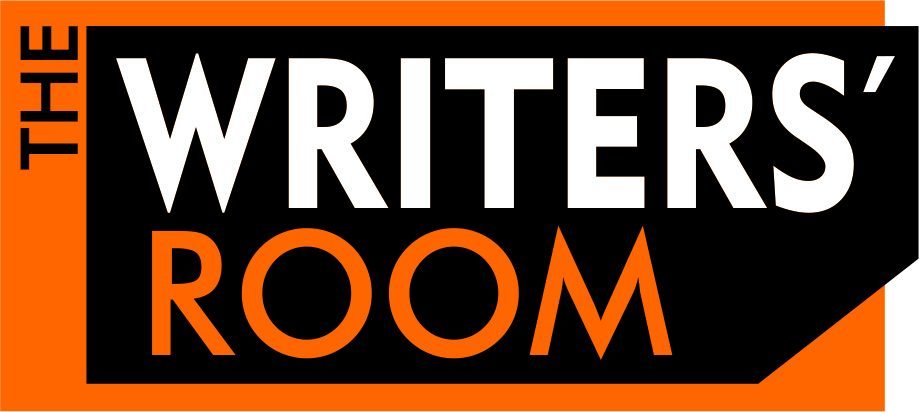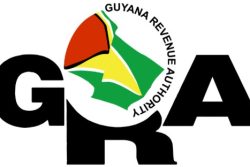
TWR: What inspir-ed you to start Thoughts of a Minibus Traveller and is the purpose of the blog still the same now as it was then?
VK: I am not sure to be honest. I had gotten into the habit of writing Letters to the Editor on different issues. I felt that there were other things I wanted to write about, which I didn’t think a lot of people would be interested in. I also did not want to write ‘columns’ or ‘op-eds’ because my writing is not (always) good enough for those platforms. The blog provided this nice free platform which allowed me to write as I please. I did not set out with a purpose and that is probably why it has lasted so long.
TWR: Partly related to that, it’s been 10 years since the blog was started and amidst the changes in the landscape of the Guyanese blogosphere in that time, you’ve managed to remain a constant voice. What has kept you going, and on this platform, especially when we see social media/microblogging becoming the dominate modes of communication/conversation?
VK: The lack of purpose I think has been the most important thing, so that I have this kind of freedom to write whatever I feel like writing. There is a challenge as well of managing a tension between ‘writing like no one is reading’ and also trying to be coherent and to put words together so that at least one other person might enjoy reading them. And thankfully, there are random things to write about which probably would not make a newspaper column, or any other publishing platform.
TWR: The blog has been awarded for “heritage journalism” and it’s being featured here as creative non-fiction. How do you categorise your work?
VK: I don’t categorise my work as I know that genres evolve. I am grateful to the Guyana Cultural Association (GCA) and the people who nominated me for the Godfrey Chin Prize. The GCA has a broad definition of heritage journalism and the blog fit in that definition. I first learned about creative non-fiction in the discussions around “Coolie Woman: The Odyssey of Indenture” which was written by journalist Gaiutra Bahadur. I am learning more about creative non-fiction (and fiction) so as to improve the writing.
TWR: I am curious about your process. A fair amount of your writing on the blog is autobiographical, which begs the question – how do you decide which events in the life of Vidyaratha Kissoon warrant writing about? And with the relative success (or
longevity, if you’d prefer) of the blog, do you feel any obligations/responsibility/pressure to produce work for your audience?
VK: I have never thought about my process. There are moments when things happen, and I feel like writing about those things. I start stringing the sentences in my head. This happens especially when dealing with mental health issues. When I am writing, there is a kind of abstraction so that I am the subject and the object. Most of the writing is therapeutic. Completing a blog gives a sense of satisfaction at something done when other things are not being done. I don’t feel any pressure or obligation to produce posts, but when I do decide to do one, there is a pressure to get it done, click publish, share and then forget about it except perhaps to check for reactions.
I also write about public events – exhibitions, music events, talks – which might not be written about otherwise. I have used the blog to write things I might have said to people. For example in July 2019 I was part of a workshop organised by the Guyana Press Association on suicide prevention and reporting. I felt that I did not contribute properly, so I wrote a blog about what I would have said.
TWR: And from a more practical perspective, are you constantly making notes, or are you relying on memory? (If the latter is the case do you worry about the pitfalls associated with that?)
VK: I use memory and typically I am consumed with the event and I write soon after. I know that sometimes I go back through the blog and wonder about the posts and who I was writing about that time… but I am not worried at forgetting after I have written. I might make notes for the public events or use programmes and so as a guide. I had this experience with Visions 2018 when I came home and realised that I had not read the programme correctly, so I went and visited again and wrote a second blog.
TWR: Have you ever regretted and perhaps even pulled any entries and if so what was/were the reason/s? And, on the other hand, have there been any entries that you were perhaps second guessing yourself about that ended up maybe having a positive outcome that you hadn’t anticipated?
VK: Oh no, I have never deleted any of the posts. I used to read some of the old ones and stopped because I saw all the typos and grammatical errors. A critical reader told me that I should write and then read back the next morning before posting, but I probably would never post. I second-guess every time I write and make a post on the blog – while I am writing for myself, I am anxious to see if there is any feedback – positive or negative. I used to feel silly if there was no feedback – no emoji reactions on Facebook, or no comments or so, until I learned that some people were reading and would not make any public comments. William John Harris died recently. I am thinking of him and his kind feedback over the years. He told me about the blog on doubles being posted now in the Writers Room. “I really enjoyed that one. Not necessary reading but entirely enjoyable.”







